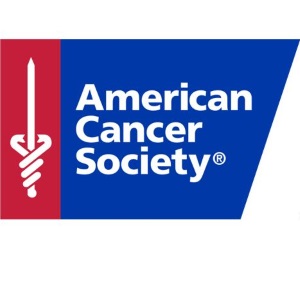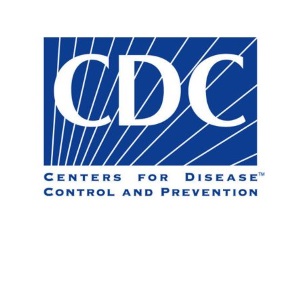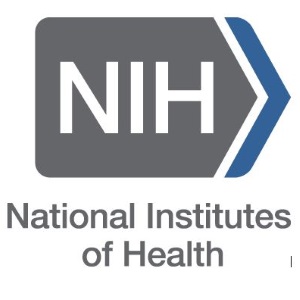About Colorectal Cancer
Whether you or a loved one are worried about getting colorectal cancer, have just been diagnosed, or are going through colorectal cancer treatment, this detailed information can help you find the answers you need.
Learn what colorectal cancer is, how to lower your risk, and about the symptoms, risk factors, and screening tests for colorectal cancer.
Learn more about colorectal cancer prevention, screening, treatment, statistics, research, clinical trials, and more.
Risk Factors for Colorectal Cancer?
A 2-minute video
What are the Symptoms of Colorectal Cancer?
A 1-minute video
How is Colorectal Cancer Diagnosed?
A 1-minute video
Frita McRae Fisher, MD, is a triple board certified physician in Nephrology, Internal Medicine, and Pediatrics based in Atlanta.
"It's really the length of time you notice changes in bowel habits or pain"
Colorectal surgeon Zuri Murrell, MD, of the Colorectal Cancer Center at Cedars-Sinai in California answers questions about colorectal cancer posted on Facebook.
“Are there early symptoms of colon cancer? The hard part about colon cancer is that the early symptoms are very non-distinct. It’s basically a change in bowel habits and occasional abdominal pain. It’s really the length of time that you notice these changes. So if you have these changes and they lasted for a month, that’s when you need to see your doctor.”
“When should people start getting colonoscopies? This is a very important question that really goes to the heart of knowing our family history. I’m 44 years old. About a year and a half ago, I had a colonoscopy because I knew my father had a large number of polyps at a young age.
And guess what? Even though I try to eat healthy, even though I eat a lot of fruits and vegetables, I still had a large pre-cancerous polyp on the right side of my colon that if I had waited, I would have had colorectal cancer.
So, the most important thing is knowing your family history. That means that once you have a colonoscopy, you actually share the results with your children. My kids hear about my colon history all the time.”
A 19-minute video from the Cedars-Sinai health organization of Los Angeles.
"Fewer than one in 10 polyps turn into colorectal cancer"
“Colorectal cancer can start with abnormal cell growth and inflammation in the colon or rectal tissue,” says Freda Lewis-Hall, MD, the chief medical officer for Pfizer. “But most start as growths or polyps in the innermost lining of the colon or of the rectum.”
“The good news is fewer than one in 10 polyps turn into cancer. And the even better news is that of those polyps that do have abnormal cell growth, they can still at early stages be removed surgically before they become invasive cancers.”
“Let’s talk about some of the symptoms of colorectal cancer. You want to look for changes in bowel habits, such as diarrhea, constipation, the narrowing of stool that lasts for more than just a few days. And also the feeling that you have to have a bowel movement that isn’t relieved after you’ve actually had a bowel movement.
There are other things that should concern you. Rectal bleeding. dark stools, weakness, and fatigue, unintended weight loss pain, and abdominal cramping. Even if you don’t have symptoms or risk factors, it’s recommended that you start colon cancer screening beginning at the age of 50 [now 45]”.
A 6-minute video from Pfizer



